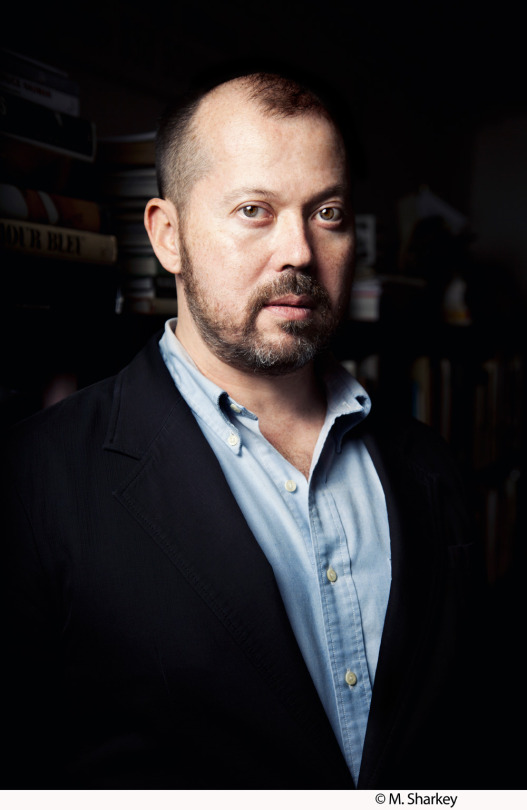
An Interview with Alexander Chee
Alexander Chee worked on his second novel for more than a decade. His first, Edinburgh, is compact and lyrical, a devastating window into growing up queer and multiracial in rural Maine.
A prolific essayist, Chee’s written with humor and warmth about everything from waiting on William F. Buckley and the future of queer marriage in America, to searching for answers in a tarot deck. He is a contributing editor to LitHub and the New Republic and an editor-at-large for VQR.
I saw him read from his new book, The Queen of the Night, to a packed house at McNally Jackson, where he also spoke in conversation with blogger Maud Newton. We corresponded over email about researching the world of 19th century Paris, why opera makes a good blueprint for drama, and what makes his amazing heroine Lilliet tick.
—Kristen Evans
I. A SPELL TO MAKE FOR SOME LIGHTNESS
THE BELIEVER: You’ve published numerous essays online and developed a reputation as a nonfiction writer—a reputation, you wrote on your blog, that surprised you. Will we see less of Alexander Chee the essayist now?
ALEXANDER CHEE: That post is funny to look back on now. It’s still funny to me but less so—with the reviews, it would seem my novelist identity is faring well enough. But nonfiction remains my day job, so to speak, more so than ever. Even as I type this, I have two on the docket, and I’m really enjoying my new relationship with the New Republic as a contributing editor, so plenty of essays ahead. And possibly a collection next.
BLVR: In an interview with The Toast you describe how difficult it was to publish Edinburgh, and I remember cringing at your descriptions of how editors tried, and imaginatively failed, to shoehorn the book into a marketable category. What was the process of finding a home for The Queen of the Night like?
AC: The Queen of the Night sold as a partial at auction in nine days. It was night and day. I was both happy and sad, given. The real struggle there was for me, in the writing of it.
BLVR: One of the things that struck me about both your novels is the way you weave myth, fairy, and folk tales into your work—how integral these tales become to the structure of each book. What are you looking for when you turn to the bones of folk tale and myth in fiction? What do these older forms...
You have reached your article limit
Sign up for a digital subscription and continue reading all new issues, plus our entire archives, for just $1.50/month.
Already a subscriber? Sign in




